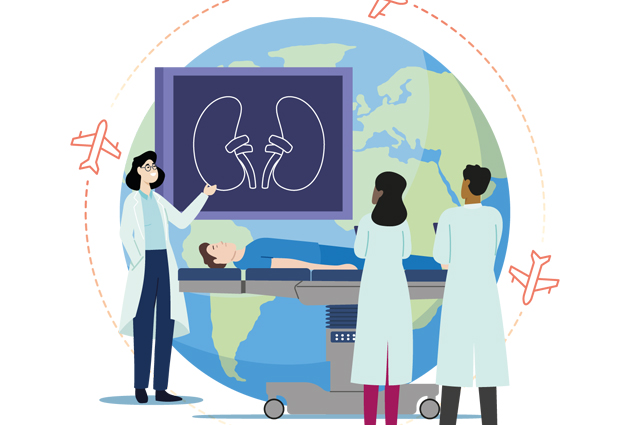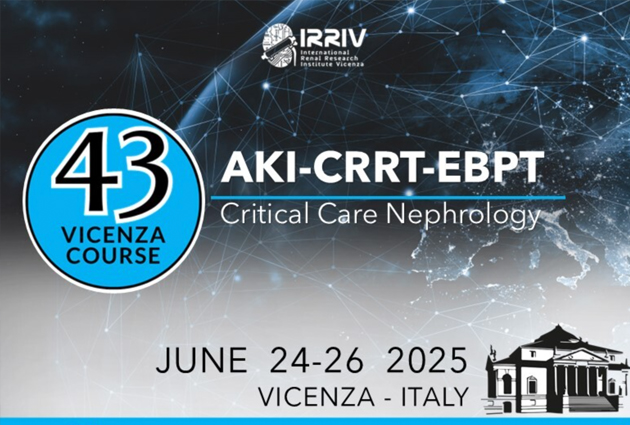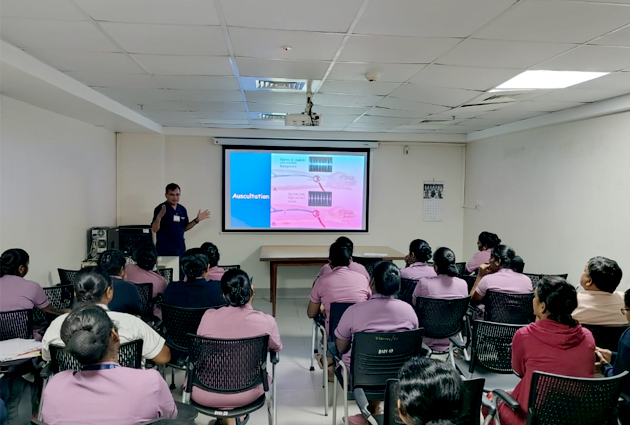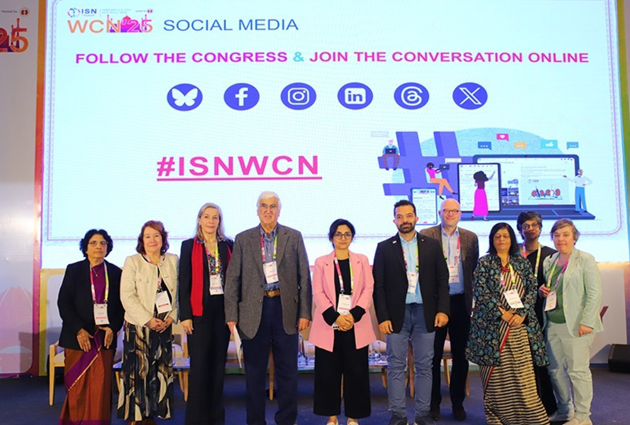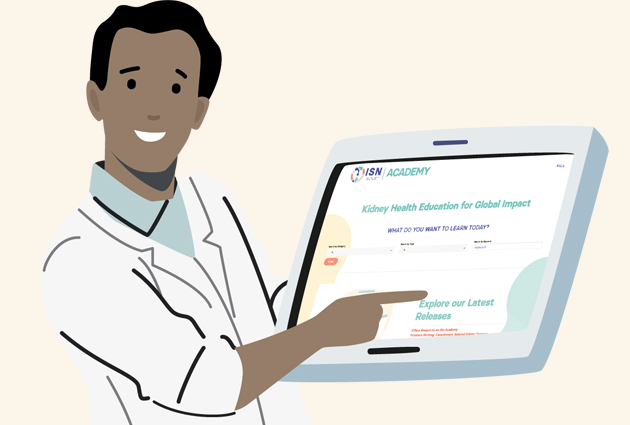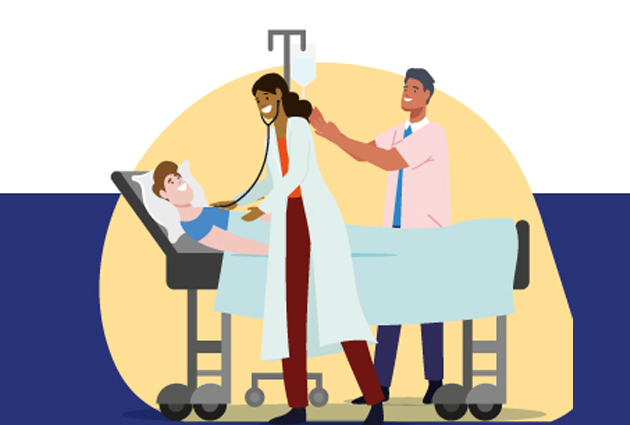Moving Forward: Lebanese Society of Nephrology and Hypertension Shares Advances in Kidney Care at the ISN Affiliated Societies Meeting
The Lebanese Society of Nephrology and Hypertension (LSNH) participated in the ISN Affiliated Societies Meeting at the recent WCN’24 in Buenos Aires, providing an overview of Lebanon’s current kidney care landscape, including region-specific challenges and successes.
Lebanon experienced two major crises in the late 2010s and early 2020s: an economic crisis and the Beirut port blast. The precarious financial situation led to 21 nephrologists leaving the country. During these challenges, a concerted effort was made to allocate all available resources to support dialysis patients.
WhatsApp groups across Lebanon, particularly in Beirut healthcare centers, coordinated these relief efforts. LSNH member Dr. Sola Aoun Bahous notes, “It was remarkable: Empathy, understanding, and care were key behaviors among nephrologists, institutions, nurses, and patients.”
Highlights from the LSNH Presentation:
Demographics and work scope
The number of registered nephrologists in Lebanon is 189, with an average age of 49.9 years. Dr. Bahous states, “It is very unusual to find practicing nephrologists [in Lebanon] who are not registered with the society. Reasons for this include the very reasonable fees and the educational privileges that come with being a member.”
Lebanese nephrologists cater to around 4000 hemodialysis patients and 200 peritoneal dialysis (PD) patients in the country. There are approximately 80 hemodialysis centers in Lebanon, 60 of which are private. There are four active transplant centers in Lebanon, where about 120 kidney transplants are performed yearly.
Ongoing education and scientific meetings
The LSNH holds an annual scientific congress in collaboration with regional societies and the Francophone Society of Nephrology, Dialysis and Transplantation.
The society also holds scientific sessions in rural areas of Lebanon twice a year. These sessions have increased involvement in the society from nephrologists in remote areas, opening the way for future initiatives addressing kidney care challenges in these areas.
Since the COVID-19 pandemic, the LSNH has offered regular webinars on topics such as electrolytes, glomerulonephritis, and chronic kidney disease management.
Advances in peritoneal dialysis
Seven of the eight medical schools in Lebanon offer nephrology training programs. PD training is provided, but no additional specialty or in-depth training in PD exists. Most fellows continue their training abroad, either in Europe or North America.
The number of centers offering PD is low, as is the number of patients receiving it. Plans are underway to develop a national training program in PD. This initiative, currently in its early stages, aims to provide all Lebanese nephrology fellows with standardized PD training, fostering learning and exchanges within this group.
Dr. Bahous comments, “We believe this program will bridge the existing gap in PD training and allow for better consolidation of the workforce and resources, along with improving collaboration among academic nephrologists.”
The ISN commends the LSNH’s ongoing efforts to advance professional development, education, and patient outcomes in kidney care, and it looks forward to continuing a fruitful collaboration.



